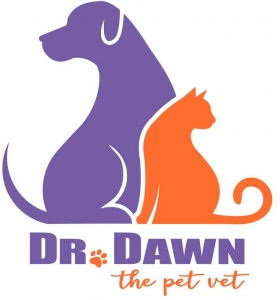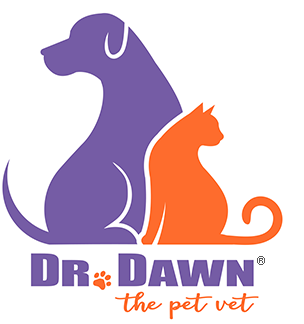 As an animal lover, you know that, whenever you plan a trip for business or pleasure, you are not going to be able to truly relax unless you know your pet is in great hands while you are gone. Boarding at a reputable kennel, or you veterinarian’s office may be an option. If it is not, think about looking into a pet-home sitter. If you think it is right for you, finding the right person could reduce that stress for both you and your cats. The advantage is that many cats do not like change, and do not always do well out of the home. Also, some worry about the risk of exposure to disease, or fleas that could be present in out of home facilities. My dog has medical conditions requiring frequent medication administrations.
As an animal lover, you know that, whenever you plan a trip for business or pleasure, you are not going to be able to truly relax unless you know your pet is in great hands while you are gone. Boarding at a reputable kennel, or you veterinarian’s office may be an option. If it is not, think about looking into a pet-home sitter. If you think it is right for you, finding the right person could reduce that stress for both you and your cats. The advantage is that many cats do not like change, and do not always do well out of the home. Also, some worry about the risk of exposure to disease, or fleas that could be present in out of home facilities. My dog has medical conditions requiring frequent medication administrations.
Where to start:
The good news for pet parents is that there are good, reliable pet sitters who are happy to care for your pets when you’re gone. But how do you find them? Sometimes it is a matter of simply knowing someone that has an interest in doing it, or is familiar to you and your pets. Often, though, you need to search online, and the best place to start is on the National Association of Professional Pet Sitters (NAPPS). This is a nationwide organization. It has a large referral base, with previous customer recommendations adding to the credentials of the sitters listed.
Qualifications to look for:
-Look for someone who is reliable and responsible, as demonstrated through others’ recommendations.
-Look for someone who has experience sitting with pets, or has pets.
-A pet first-aid class helps.
-The person you hire should, ideally, stay on top of pet news. For example, in 2007, when China notified the U.S. of pet food contamination, the network listed all the serial numbers of the affected foods and made it available to all the sitters in the network.
-Pet-sitter candidates should have a natural affinity with animals. Patience is also important when dealing with geriatric and even shy dogs and cats. Good observational skills are helpful, as in the case of an animal that has not been eating.
-I always recommend that the sitter know your regular veterinarian’s number and location. Try to arrange with your vet an agreement, and make sure you are reachable while away so that you may be contacted in the event of an emergency should one arise. Make sure that your sitter is able to transport your dog or cat to the vet, and willing to do so.
Bonding
A pet sitter may or may not be bonded. It is not as important as good referrals. A bond is only required when a pet sitter has employees who may visit a client’s home in place of the business owner. The fidelity bond would thus protect the business owner against any dishonest act committed by an employee while on the job. Thus, individuals who pet sit do not need a bond. Some pet sitting companies with multiple employees also have insurance with pet-sitting liability policies. Also, some people pet sit, are not bonded, but are insured. So, there is a variation in coverage. Decide what is important to you and prioritize when selecting someone.
What to expect
Once you’ve hired a pet sitter, he or she will visit your home and ask questions. He or she may or may not met your cats because that’s entirely up to the cats. If they appear, great, but there is no reason to force a meet and greet.
The pet sitter will likely begin a file on you and your pets, which usually includes:
-feeding schedules
-type of food, and amount fed
-location of litterboxes
-whether medication is required, and amount and time it needs to be given.
-your veterinarian’s contacts, and other emergency numbers in the event you cannot be reached directly.
Also, they will ask about the frequency and duration of visits, so think about what you want. Most recommend at least one visit per day. Too infrequent visits can be problematic, as in the case of an injury, or illness. Remember, your absence can be a stressor to your pets, even if they are in their own home. Stress can bring on underlying illness while you are away, so frequent pet checks are good.
Always make sure there is a carrier available for each pet, in case they need to be taken out to a vet.
Additional non-pet duties/benefits
Many pet sitters will do other household care tasks, if asked. For example, they may open and close curtains, turn lights on and off on a rotating basis, take out your trash and get your mail. They may remove snow, water plants, and check locks on windows and doors. The security you have knowing your cat is being taken care of can extend to your home, helping make your house look inhabited in your absence.
Other resources:
I also recommend to friends and clients planning on going away, to ask their veterinarian if they know and recommend pet sitters. Often there is a list of references, or even hospital employees may be interested in helping out. They may even be familiar with your pet from your visits, an added perk.
Dr. Dawn
Please share and subscribe here




